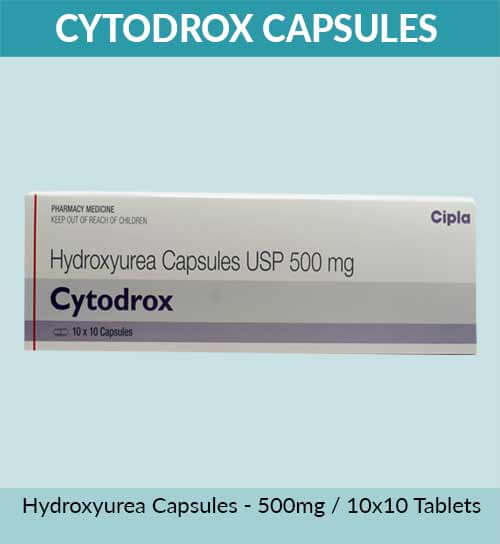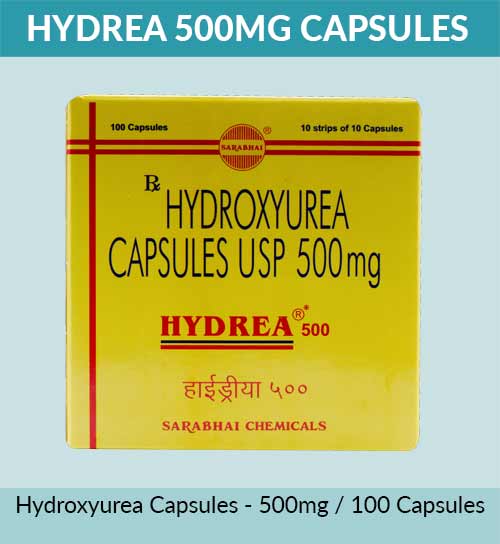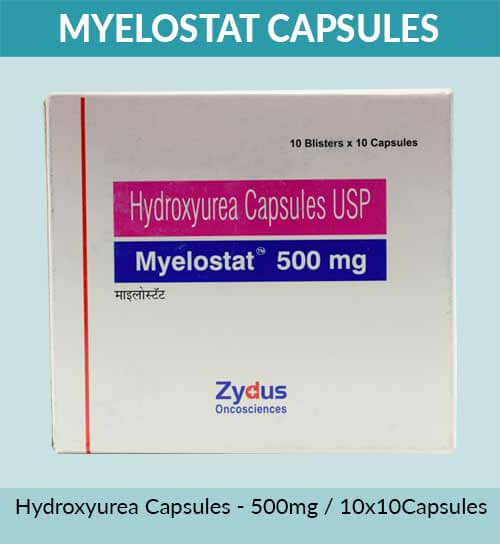Hydroxyurea
Hydroxyurea is a medication used in the treatment of various conditions, including certain types of cancer, sickle cell anemia, and certain blood disorders. It belongs to a class of drugs known as antimetabolites.
Hydroxyurea works by inhibiting the synthesis of DNA, the genetic material in cells. This interferes with the growth and division of cancer cells or abnormal blood cells, leading to their death or reduced function.
The medication is typically taken orally in the form of capsules or tablets. The dosage and treatment duration depend on the specific condition being treated, as well as the individual’s response to the therapy.
Common side effects of hydroxyurea may include nausea, vomiting, diarrhea, and changes in blood cell counts. More serious side effects, such as bone marrow suppression or skin reactions, can occur but are less common. Regular monitoring of blood cell counts and liver function may be recommended during treatment.
Hydroxyurea should only be used under the guidance and prescription of a qualified healthcare professional experienced in the treatment of the specific condition. It may interact with other medications, so it is important to inform the healthcare provider about all medications being taken, including over-the-counter drugs and supplements.
In summary, hydroxyurea is a medication used in the treatment of various conditions, including cancer and certain blood disorders. It interferes with DNA synthesis to inhibit the growth of abnormal cells. Regular monitoring and adherence to healthcare provider instructions are important during hydroxyurea treatment.
Note – The brand names and product descriptions used on this site are for informational purposes only and are the property of their respective owners.




